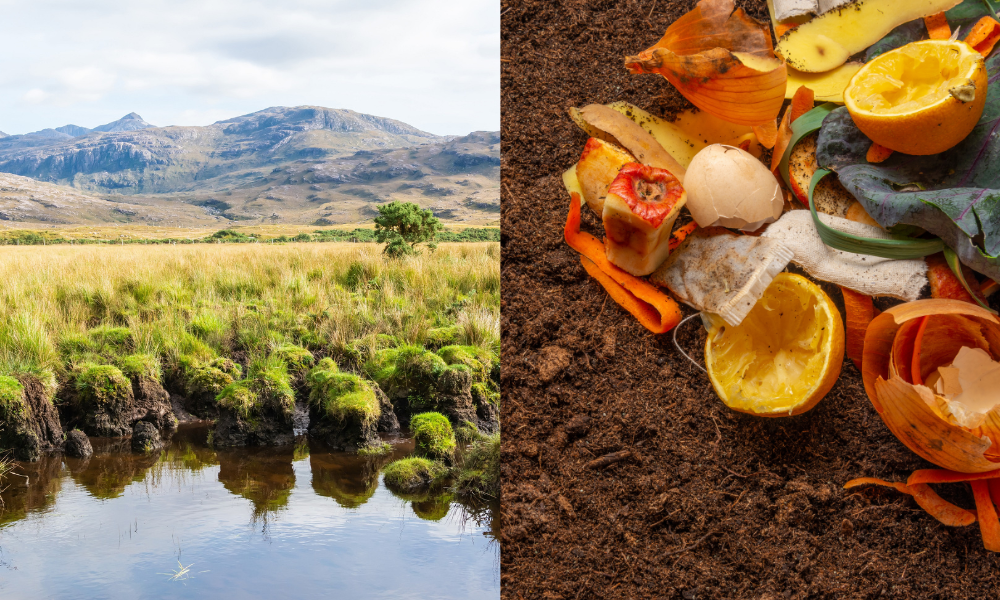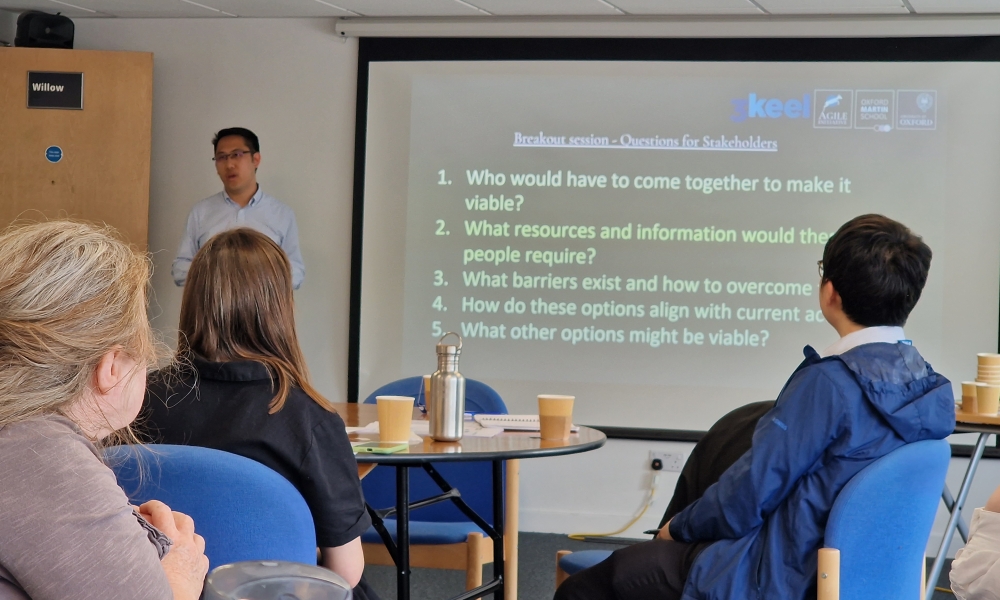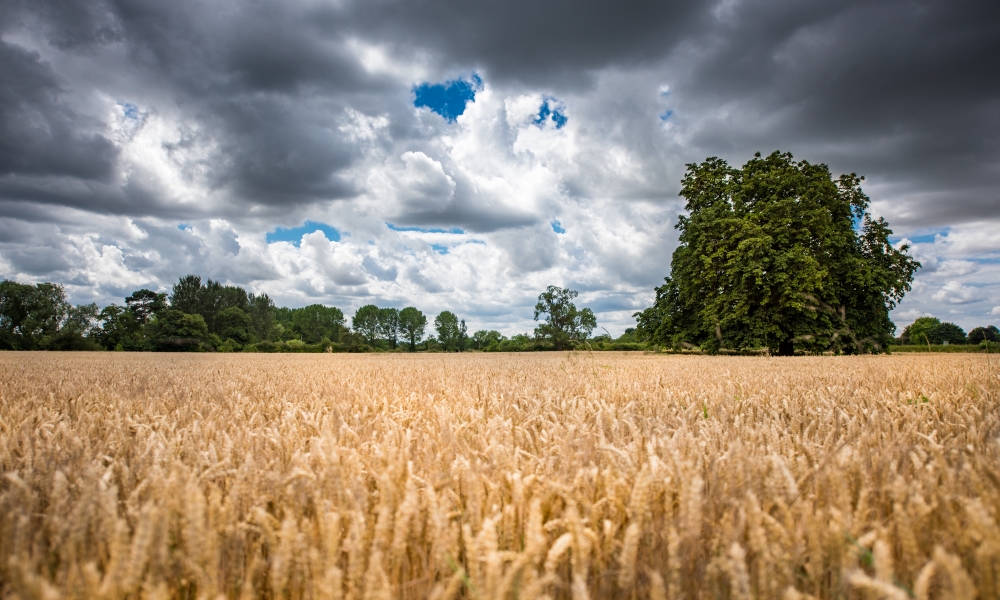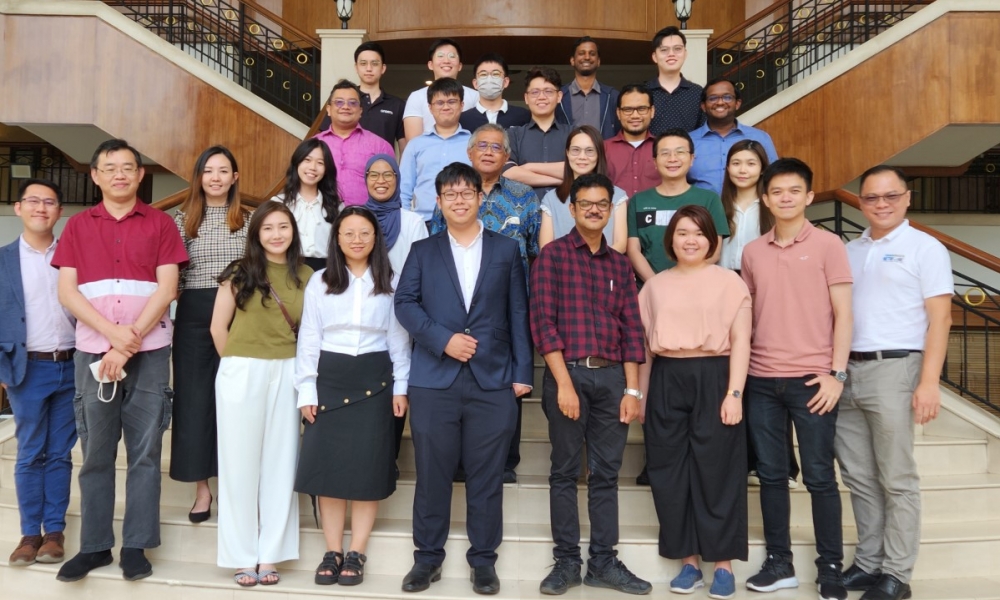Can we turn waste into fertiliser?
This Sprint ran from July 2022-September 2023
More Sprints
- How can we deliver effective, equitable and place-based environmental governance?
- How can the UK implement the Global Biodiversity Framework’s finance goals?
- Can regenerative agriculture deliver nutritious food and a just food system?
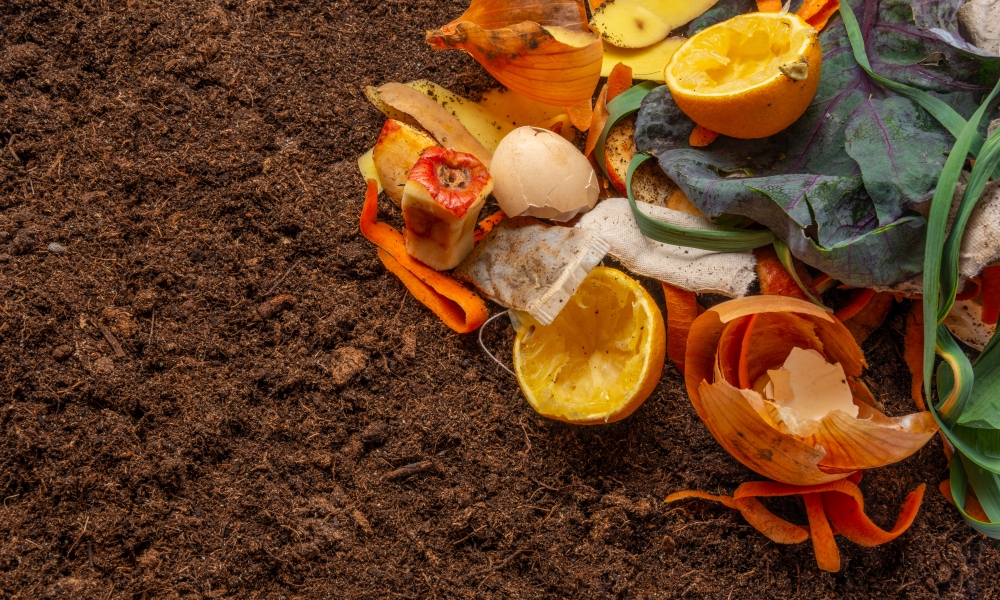
The Challenges
The UK’s urban centres create high volumes of food and garden waste. Consumers are increasingly segregating this out for separate collection, which local authorities then use in anaerobic digesters and other systems before disposal. However, current practices are still far from making the full use of the nutrient value of this waste.
Additionally, the war in Ukraine influenced the global food supply chain through direct shortages of food products from the region and through shortages of agricultural fertilisers. This has driven up food prices across the world and is making governments rethink their food security policies. A shift away from reliance on imported fossil-fuel derived fertilisers was also key to the UK’s Net Zero Strategy published in October 2021. A parallel challenge came from the waste management perspective to implement compulsory weekly household food waste collections in England from 2023.
If we understand the options for organic waste flow management and nutrient recovery, we will be able to build viable, low-carbon alternatives to the current system and deliver greater long-term food security and environmental sustainability.
The Solutions
By quantitively mapping organic waste and nutrient flows (nitrogen and phosphorus in particular) in Leicestershire, the team demonstrated avenues for approaching a circular organic waste system, and the potential for technical, economic and environmental benefits across the system.
The recommendations:
- To enhance nutrient recovery in wastewater treatment and from the rejected water of anaerobic digestion plants.
- To improve decentralised schemes for at-source separation and recovery.
- For waste authorities to consider a wide range of waste processing facilities to balance the considerations of cost, environmental impact and resource efficiency.
- To decentralise treatment, for example in consultation with estate developers to seize emerging opportunities.
- For farming interventions to explore joined-up thinking between waste management and other initiatives such as Nature Recovery.
This requires:
- Stakeholder commitment and regional mechanisms for co-ordinated actions.
- Regulatory reforms, for example around use of fertilisers derived from organic waste.
- Better education and awareness of waste separation in households.
What still needs to be done:
- Understanding the fate of nutrients in slurry and manure, to ensure nutrient flows are properly managed.
- Further quantification of significant movements of organic waste in the UK, with an aim to guide future policy around local/regional capacity matching and regulating waste transport.
- A better understanding of the current data collection landscape across national and local levels would identify key gaps and opportunities to connect and streamline multiple datasets.
The Pathway
This Sprint explored the opportunities for nutrient recovery from waste products for agricultural fertilisers and other applications such as urban farming. Interdisciplinary research conducted by engineering, environmental and food systems researchers in the Sprint team was augmented by ongoing co-creation with stakeholders including national and local government, and industry.
This ongoing iterative co-creation helped to generate understanding of the key nutrient stocks and flows, and the parts of the organic waste system that should be considered to explore the nutrient circularity opportunities at the local scale. At the second consultation, stakeholders were asked to identify the technical, economic, environmental and regulatory issues associated with nutrient recovery, and to identify any missing pieces. A technical report demonstrated that a systems approach incorporating circularity is needed for better nutrient management.
External partners were crucial to the process, and included: DEFRA, Leicestershire County Council, Biffa, Aqua Enviro, 3-Keel, and Good Food Oxford. Findings and recommendations in the report are relevant for government, local planning authorities, wastewater processing consultancies, agriculture, regulators, real estate developers, landscape contractors, energy companies, capital providers, innovative nutrient recovery technology companies, food manufacturers, fertiliser manufacturers, environmental organisations, the water industry and research institutions.
What happened next?
Policy urgency was diluted by the deferral of compulsory household food waste recycling to 2026. However, the Sprint findings enhanced Leicestershire County Council’s policy readiness, and the Sprint was instrumental in linking up the right people to inform that preparation. Interest from DEFRA revived in 2024, with the Sprint presenting the research findings to 90 participants during a webinar in September 2024. Professor Aidong Yang stated that “It was very interesting to learn from them that the issues we investigated are still very much ‘live’ within the remit of DEFRA, and that some of the opportunities we have identified align well with what they have been working on.”

















